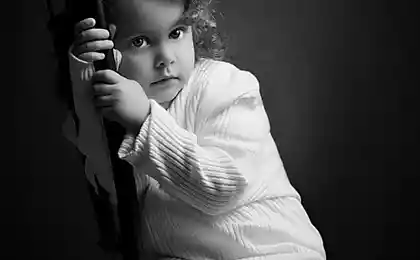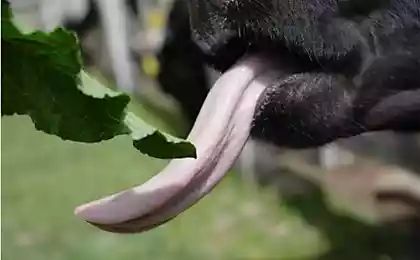165
Youth slang guide
The difference between today’s teenagers and those who were 5-10 years ago is huge. What can we say about the time when the parents of today's teenagers and students were young. Dads and moms find it difficult to keep up with the fashion trends that captivate their children. They are especially shocked by the slang used by children.

DepositPhotos
Slang among teenagers has existed at all times, it just has changed dramatically over the past couple of years. Today's edition. "Site" Talks about the secret language of teenagers and details slang. Now understanding your child will be easier.
Youth slang
These words are not bad, although they are often very annoying. It is not necessary to forbid the child to use them, because this is part of his personality, besides, in a teenager such a ban will cause only retaliatory aggression. All you can do is give your child a good taste from childhood. Good books, music and movies will do their job.
Recently, we made a wonderful selection of the best modern books that must be read. Everyone can find something for themselves and increase their vocabulary.
The best example for a child is his parents. But adults also often sin by using words that sound terrible. Earlier we talked about the most common mistakes in speech, which need to be urgently eliminated.
What new-fangled words do you hear from your child? Tell me in the comments!

DepositPhotos
Slang among teenagers has existed at all times, it just has changed dramatically over the past couple of years. Today's edition. "Site" Talks about the secret language of teenagers and details slang. Now understanding your child will be easier.
Youth slang
- hype
Like most slang words, it comes from the English hype, which means "obtrusive advertising, cheating." In slang, "hype" means to raise hype around something, to promote something fashionable at the moment. - Agreed
It comes from the English word angry - angry. Young people use this word to mean “angry,” “irritated.”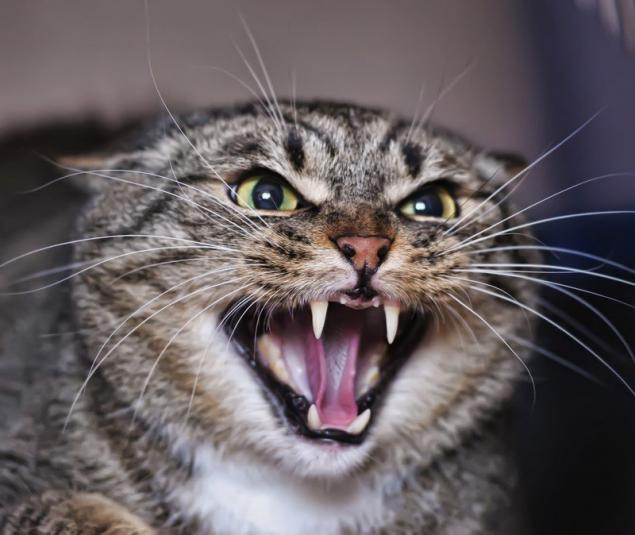
DepositPhotos - roglie
This word comes from the English acronym ROFL - rolling on the floor laughing (literally "rolling on the floor with laughter"). Now, “rofle” means “laughing loudly” or “joking at someone,” and “rofle” is an insanely funny joke or story. - Inscription
This is not a new word, it has been around for a long time, but it is worth mentioning. It’s a party in noisy company in someone’s apartment. Its essence is to find a vacant apartment for entertainment and rest with a subsequent overnight stay. Such gatherings promise to be noisy and long.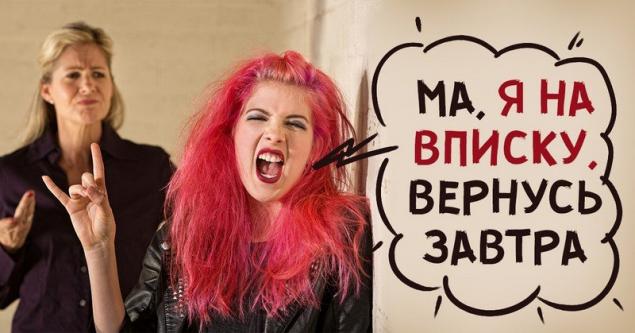
DepositPhotos - Hamlet
This word is more common for those who have a child at home who is fond of computer games. If he says he's going to swat, it means he's going to play computer games. It comes from the word “game.”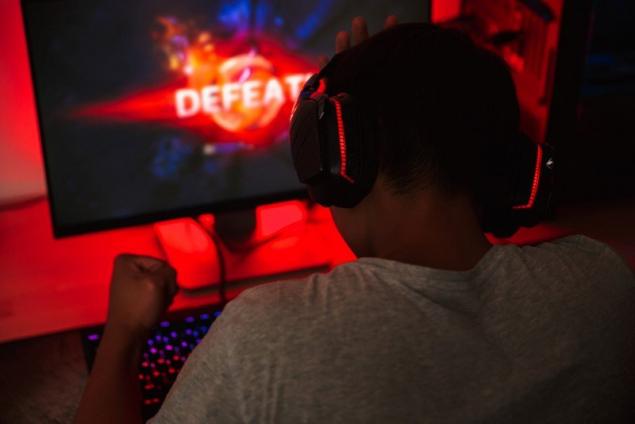
DepositPhotos - zashkvar
It is not clear how this word appeared in the lexicon of youth, because initially it lived in criminal jargon. It retained its approximate meaning. Zashkvar is something shameful, shameful, stupid or out of fashion. - chill
In English, chill means "cool". This word has moved into youth slang, it is used in the meaning of “relax, waste time”. Sometimes it is used to mean “break away”. So you need to clarify what is meant by the phrase: "We are chilim here."
DepositPhotos - Fitting
This word is not new either, but it is still popular. A fit is any gift or gift. If they say “bad fit”, they mean some inexpensive, but very useful gift. - Sorian
Form of apology in youth slang. The word comes from the English Sorry, which in itself has already entered our conversation. Then, somehow, it mutated into an even more careless "sorebird."
DepositPhotos - lois
Like, loisk, likusik, they're all the same thing. Originally derived from the word like (like), it is now used in an evaluative sense. Likes are hearts that can be put under social media posts and photos. It just mutated a little bit and became "loys." - Flexit
In English, fle is “flexible.” In slang, "flex" is to behave emotionally, defiantly. It is often used to mean “dance.”
DepositPhotos - heit
Another Anglicism. “Hate” comes from the word hate – hate. That is, hating is hate, and haters are often those who leave bad comments. - Tian
This time the word came not from English, but from Japanese. Tian is a prefix to the name of a girl, used as a polite treatment. We have a chan - it's a beautiful girl. In turn, Kuhn is a pretty guy.
DepositPhotos - Keck
This slurred sound expresses ironic laughter. He moved into the speech from Internet slang. Keck is a malevolent laugh at someone who is in a ridiculous situation. Often the term “cake” refers to the situation or person. - Hare, stop.
Slightly mutated forms of the words "good" (enough, enough) and "stop" (stop).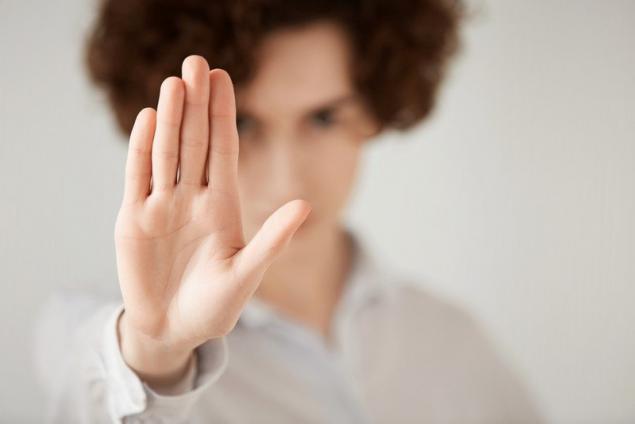
DepositPhotos - Bombit
That's what they say when something irritates, infuriates or strains. - Deha.
It means a little, a little. For example, when you want to say that something is not enough. - Scream
No, that doesn't mean yelling. Young people gave this word a completely different connotation, and it is more positive. When they say, “I’m screaming,” it means I can’t help laughing. They usually say that when they want to show that the joke is funny.
DepositPhotos
These words are not bad, although they are often very annoying. It is not necessary to forbid the child to use them, because this is part of his personality, besides, in a teenager such a ban will cause only retaliatory aggression. All you can do is give your child a good taste from childhood. Good books, music and movies will do their job.
Recently, we made a wonderful selection of the best modern books that must be read. Everyone can find something for themselves and increase their vocabulary.
The best example for a child is his parents. But adults also often sin by using words that sound terrible. Earlier we talked about the most common mistakes in speech, which need to be urgently eliminated.
What new-fangled words do you hear from your child? Tell me in the comments!


















